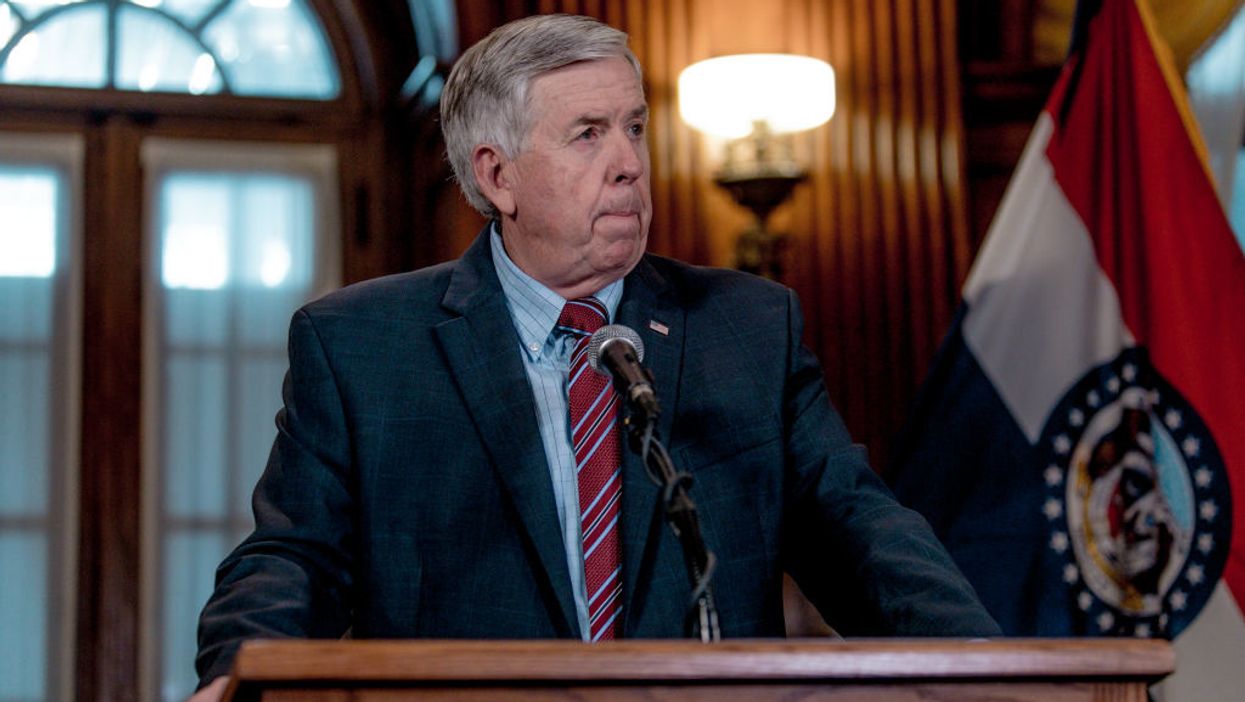The coronavirus pandemic is a valid reason for Missourians to vote using mail-in absentee ballots, according to a lawsuit filed by the NAACP and the League of Women voters.
The suit, filed Friday, is the latest instance of voting rights advocates asking elected officials or courts for waivers or favorable interpretations of state laws limiting the circumstances for voting absentee. Missouri is one of 16 states that require an explicit "excuse" for obtaining a mail-in ballot.
The lawsuit argues that a provision of Missouri law, permitting absentee voting by those incapacitated or confined because of illness or disability, could easily be interpreted to include people who fear leaving their homes during the pubic health emergency. Five states, the lawsuit notes, have already interpreted similar statutes that way.
But officials in different parts of Missouri are divided on the question, and Republican Gov. Mike Parson opposes the idea.
Parson, who is favored in a competitive race for re-election, has already postponed all municipal elections from April to June 2. Primaries still set for Aug. 4 will decide nominees for governor and other statewide offices, eight U.S. House seats and most seats in the General Assembly
The suit says the absentee voting regulations violate the Missouri Constitution. It also asks a state court judge to eliminate the usual requirement for many absentee ballots to be notarized.
In addition to the illness and disability exception, the state permits absentee voting for those who will be away from home, have a religious conflict, are poll workers or are in jail on Election Day.




















